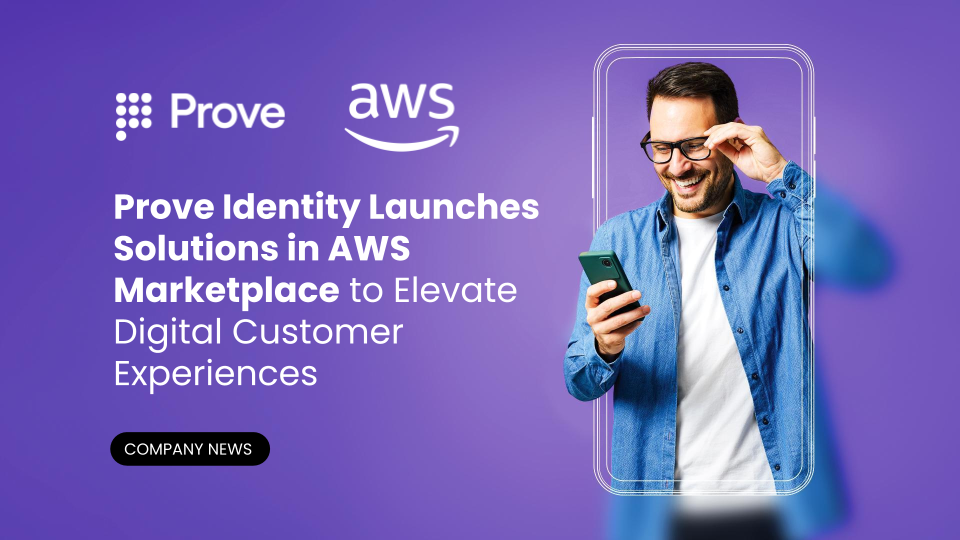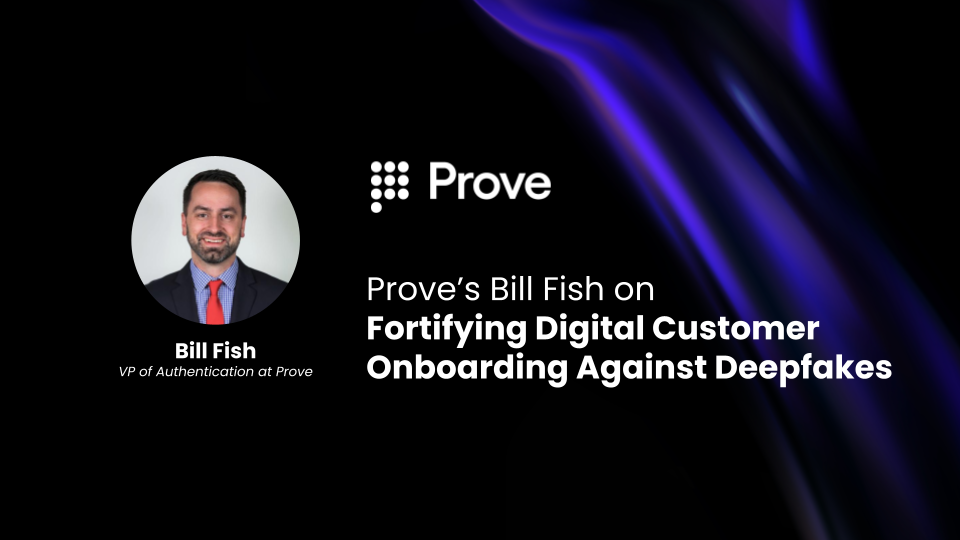Recently, we found ourselves paying closer attention to industry-defining podcasts, one of which is the Breaking Banks podcast by Brett King. And one of the episodes caught my attention for three reasons – blockchain, identity, and inclusion. But, more importantly – what do those three have to do with each other?
“The part of the problem with financial inclusion is in just solving identity and getting people to access a basic value store account,” Brett King emphasizes in one of the recent provoke.fm podcasts on the role of blockchain technology in helping humanity. While India is solving the identity issue with Aadhaar, in the US – where 20% of the households are excluded from the financial system – the issue persists largely because of the absence of a DL or a passport, prohibiting them from going through the formal wet signature-based process to open a checking account.
There are two parts to the story with blockchain helping humanity – the part about digitizing the identity systems and the part about decentralization. One is a lot less controversial than another, but both are equally important and interesting.
National digital ID systems facilitate financial inclusion for minorities and disadvantaged groups and enable access to social benefits. Given that 870 million people worldwide live in extreme poverty and still do not have access to any kind of social assistance program, digital IDs have a chance to help those people lift their families from extreme poverty by accessing governmental social security net programs.
The second part – can blockchain technology become the key to tackling the identity issue and effectively plug the following billion people into the formal financial system?
Over a dozen companies are focusing on leveraging blockchain technology for identity management and authentication. However, in one way or another, there is a consensus that it’s not the nature of data that defines one’s identity for the formal financial system that constitutes the issue; it’s the centralized systems that are outdated and unable to resolve modern issues of the vulnerable.
Undeniably, modern centralized systems have proven to be highly vulnerable and absolutely unable to either protect existing identity data or effectively bring invisible into formal systems. However, a very rational and natural course of history created those systems. They have existed ‘since the dawn of time’ as the best way to operate businesses to the knowledge at that time. Centralized systems were not designed to be flawed; they just happened to be the longest-existing and most-adopted model compared to decentralized models that are highly successful only in the labs so far.
As naive as it is to expect centuries-old business models and infrastructures to respond to the emerging issues of the modern world adequately, it’s equally naive to expect the technology that’s been under the light for just a decade to solve every problem that has existed for centuries. Massive exclusion around the world has many faces, and in every corner of the world, it has its distinctive hallmarks – whether it’s rooted in culture, in infrastructure, in connectivity, inhabits, or something else – to which decentralized systems are not necessarily the answer.
Is it possible we can create a better-centralized system to solve the same issues that we are trying to find decentralized answers for (much like a hammer looking for a nail)?
As Adam Ludwin, Co-founder & CEO of Chain, put it in his elaborate but well-put letter to Jamie Dimon, “Decentralized applications are a new form of organization and a new form of software. They’re a new model for creating, financing, and operating software services in a way that is decentralized top-to-bottom. That doesn’t make them better or worse than existing software models or the corporate entities that create them. As we’ll see later, there are significant trade-offs. What we can say is simply that they are radically different from software as we know it today and radically different from the forms of organization we are used to.”
As Ludwin continues, “Simply put, you cannot argue that for everyone, Bitcoin is better than PayPal or Chase. Or that for everyone, Filecoin is better than Dropbox or iCloud. Or that for everyone, Ethereum is better than Amazon EC2 or Azure.”
To learn about Prove’s identity solutions and how to accelerate revenue while mitigating fraud, schedule a demo today.

Keep reading

Prove’s solutions can help businesses make their online customer experiences faster, easier and more secure.

While the rise of deepfake technology is not totally new, its level of sophistication presents new challenges for businesses seeking to deliver frictionless digital onboarding experiences to their customers.

Prove and BetMGM, the sports betting and iGaming leader, have entered into a partnership which will elevate the security standards and user experience for BetMGM customers through the Prove Pre-Fill® identity solution.














